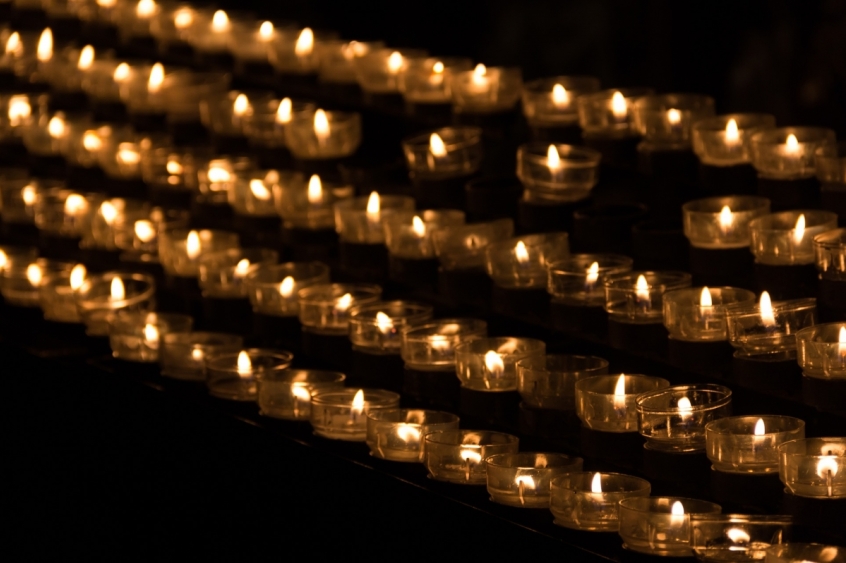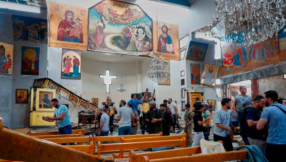
The death of a loved one is heartbreaking. In the immediate aftermath of their death, grief can be so consuming that it can feel as though your own life is being sucked out of you.
If we don't act to deal with the emotional and spiritual impact of a bereavement, our zest for life can suffer and so can our faith.
While each one of us may grieve differently, we can all benefit from the reassurance that there is light at the end of what could feel like a very dark and very long tunnel.
Here are four things that you and your loved ones can draw strength from while mourning.
1. You can overcome
There may be many points during the days, months and even years that follow when you say to yourself and God: "I can't carry on." But you can and will overcome if you put all your faith in Him. Here, in your lifetime on earth, God will wipe away your tears.
Remember, even when you are weak, God is strong and His strength provides you with more than you need to make it through your darkest days. He's most likely proven it to you before and He'll show you again.
2. God is by your side and you can draw closer to Him
One of the most damaging elements of grief is the loneliness that accompanies it. From the physical aloneness of no longer being accompanied by someone's presence to the spiritual loneliness of thinking that you've been abandoned by God, the void created by someone's death can be extremely isolating.
But God doesn't turn His back on you at your low points, He is right there with you through them: "The Lord is close to the broken-hearted and saves those who are crushed in spirit," Psalm 34:18. Resist the temptation to turn away from Him when you need Him most by spending more time with Him, not less.
3. Healing is possible
The hurt and pain that you experience after the loss of someone you love can be unbearable. At the time when the pain is fresh, you might have a little or no faith that it will ever subside. But no matter how bad it is, there is always a route to healing.
If you believe that God is compassionate, then you have to be open to the possibility that your heart will be healed. In fact, it helps if you do more than passively accept this promise. You can actively pursue God's healing by calling out to Him personally as well as asking others to keep you in their prayers.
4. Death isn't final
Even when you believe in the resurrection of the dead and the everlasting life to come, death can feel so final. To an extent it is. It might not be the end of all things but it is an end of many – the particular way you spent time with that person, their presence in your day-to-day life.
Our understanding of death informs much of the way we react to the loss of someone we know and love. This is why it's so vital to familiarise ourselves with the new beginnings that death presents to. Grieving isn't something that you should be ashamed of or try to avoid. But just as there is a time to mourn, there is also a time to heal and a time when life will become eternal.













